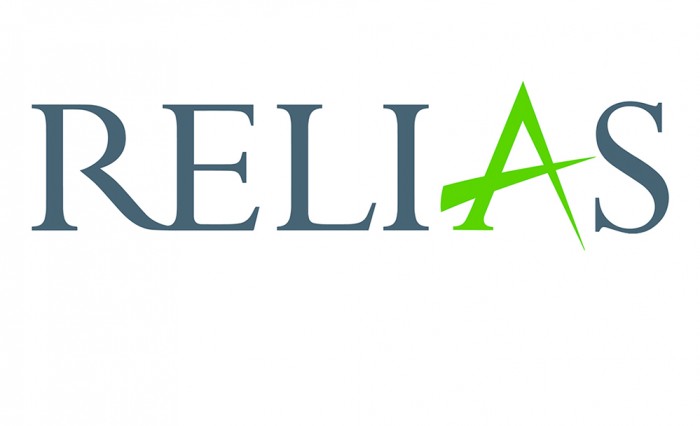Microsoft Tech for Social Impact is dedicated to providing affordable and accessible technology to help nonprofits of all sizes achieve their mission. That’s why they offer grants and discounts for their products and services to eligible nonprofits around the world, including solutions like Azure, Dynamics 365, and Microsoft 365.
Download the Microsoft Nonprofit Grants Proposal to learn about their most popular nonprofit offers:
- Improve cybersecurity, reduce costs, and empower staff and volunteers to work from anywhere with Microsoft 365 and Microsoft Teams. Free for up to 10 users and discounted pricing of $5.50 (USD) per user/month for additional users.
- Move to the Cloud with the Azure grant for nonprofits. Leverage $2,000 (USD) Azure services credits per year and access the complete portfolio of Azure products and cloud services.
- Easily develop mobile and web apps to support your mission — even if you have no technical or development experience. Power Apps is now free for up to 10 users with discounted pricing of $2.50 per user per month for additional users.
Get started with free technology grants and discounts!
Get grants and discounts across Microsoft’s Cloud products, including Microsoft 365, Azure, and Dynamics 365. To get started, register and confirm your organization’s eligibility. Already registered as a nonprofit? Login to your Microsoft Nonprofit page and access Admin Center. Watch our guided demo to help you get your free Microsoft 365 licenses.
Learn more about nonprofit offers:
For general information on eligibility, accessing offers, the Nonprofit Hub, and technical support, please submit your question, and a Microsoft representative will contact you shortly. Contact us.















